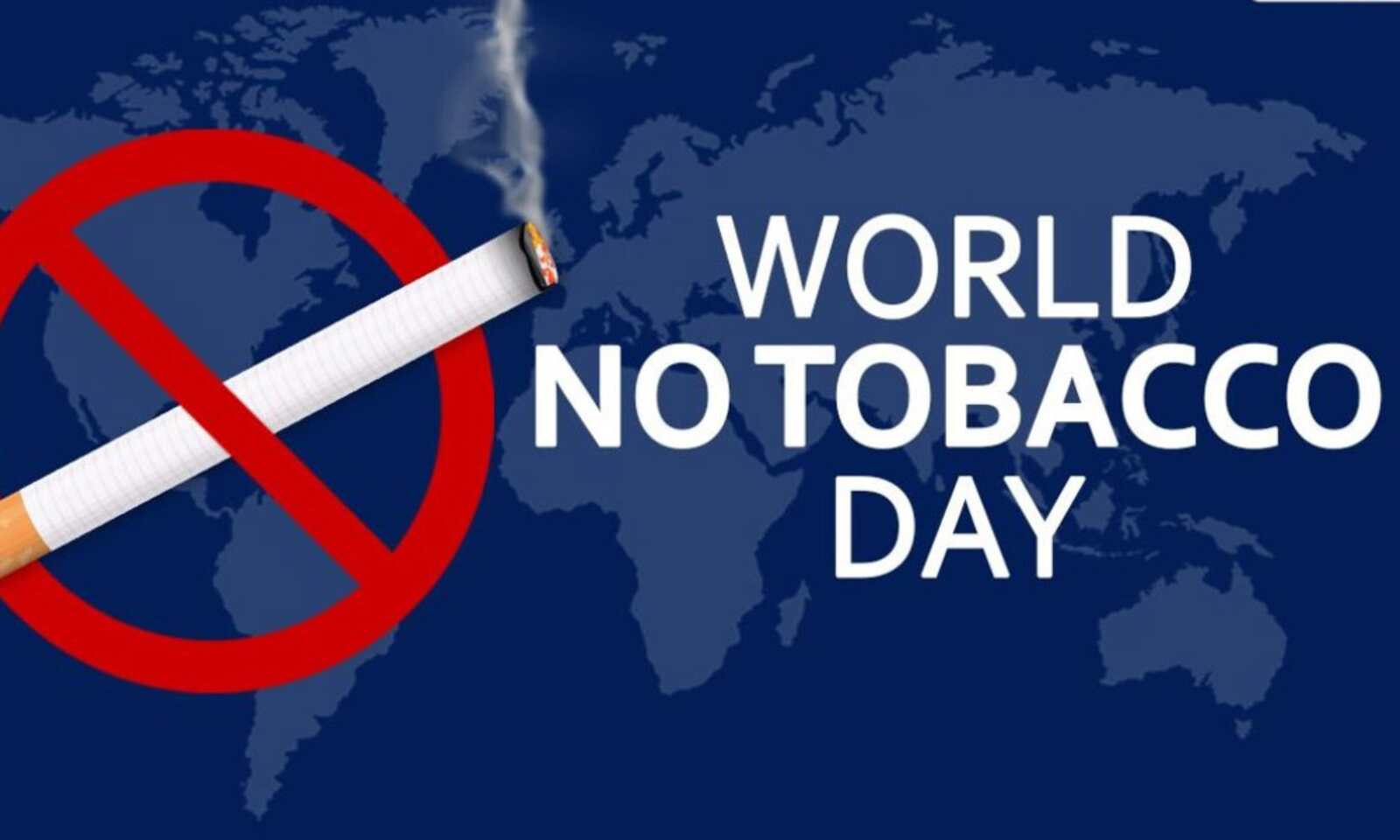Introduction:
Every year, on May 31st, the world unites to observe World No Tobacco Day—an annual campaign that raises awareness about the health risks associated with tobacco use and advocates for effective tobacco control policies. Organized by the World Health Organization (WHO), this day serves as a reminder of the importance of quitting smoking and promoting a tobacco-free lifestyle. With tobacco-related diseases claiming millions of lives each year, the significance of this day cannot be overstated. In this blog, we will delve into the impact of tobacco use, highlight the goals of World No Tobacco Day, and discuss the steps we can take as individuals and as a society to combat this global epidemic.
Understanding the Impact of Tobacco:
Tobacco consumption has long been recognized as a major public health issue. Cigarettes, cigars, and other tobacco products contain numerous harmful substances, including nicotine, tar, and carbon monoxide, which contribute to a wide range of health problems. Smoking is a leading cause of preventable diseases such as lung cancer, heart disease, stroke, and chronic obstructive pulmonary disease (COPD). Additionally, tobacco use during pregnancy poses significant risks to both the mother and the developing fetus.
Goals of World No Tobacco Day:
- Raise Awareness: World No Tobacco Day aims to educate individuals about the dangers of tobacco use, both for smokers and those exposed to secondhand smoke. By highlighting the health risks and the addictive nature of tobacco, the campaign seeks to empower individuals to make informed decisions about their own well-being.
- Advocate for Effective Policies: The day also serves as a platform to advocate for strong tobacco control policies at the national and international levels. These policies include implementing higher taxes on tobacco products, imposing graphic warning labels, banning tobacco advertising and sponsorship, and creating smoke-free environments. The goal is to create a supportive environment that encourages smokers to quit and prevents young people from starting to smoke.
- Support Quitting Efforts: World No Tobacco Day provides an opportunity to offer support to those who want to quit smoking. It encourages smokers to seek help from healthcare professionals, join cessation programs, and utilize available resources like helplines, online platforms, and community support groups.
Taking Steps Towards a Tobacco-Free World:
- Quitting Smoking: If you are a smoker, quitting is the best gift you can give yourself and your loved ones. Seek assistance from healthcare professionals, explore nicotine replacement therapies, and consider behavioral support programs. Remember, quitting may be challenging, but the benefits to your health and well-being are immeasurable.
- Promote Awareness: Spread the word about the risks of tobacco use and the benefits of quitting. Use your voice and social media platforms to educate others. Share stories of successful quitters and raise awareness about available resources for those who want to quit.
- Support Tobacco Control Policies: Advocate for stronger tobacco control measures in your community and beyond. Join local organizations working towards tobacco control and contribute to campaigns promoting smoke-free environments, higher taxes on tobacco products, and comprehensive bans on tobacco advertising.
- Encourage Prevention: Educate young people about the dangers of smoking and help them build resilience against tobacco industry marketing tactics. Support schools and community programs that focus on preventing tobacco initiation among youth.
Conclusion:
World No Tobacco Day serves as a global call to action to address the devastating consequences of tobacco use. By raising awareness, advocating for effective policies, and supporting quitting efforts, we can make progress in reducing the prevalence of smoking and creating a healthier future. Remember, quitting smoking is not only a personal choice; it is an essential step towards building a tobacco-free world. Let us join hands and work towards a society where the next generation can breathe in clean air, free from the harmful effects of tobacco.




